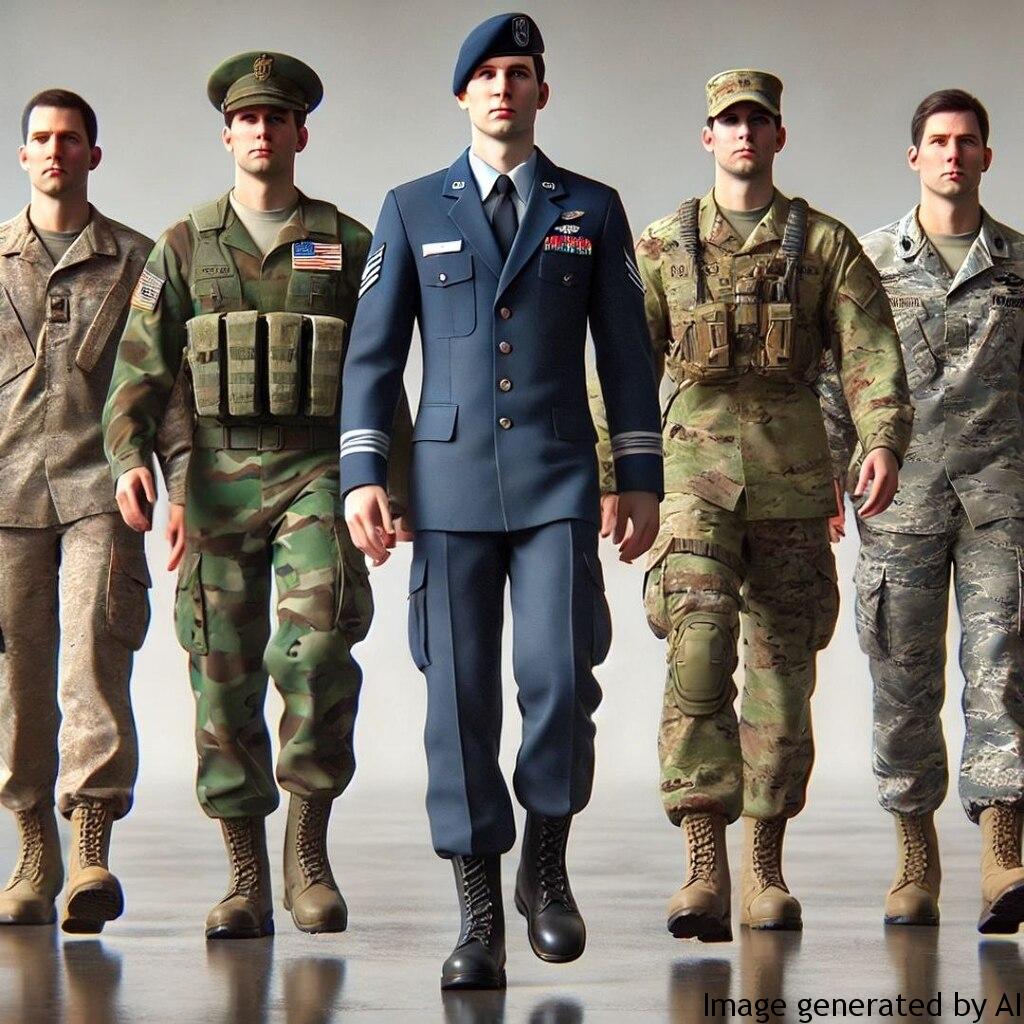Introduction
The military has traditionally been an institution associated with masculinity and manhood. This insightful article explores the impact of military service in constructing and reinforcing male identity. Society has set roles and expectations for both genders, and this can significantly influence an individual’s psychological health and lifestyle. In the following sections, we discuss the gender expectations, their influence on men’s mental health, present some examples of how these roles can impact men’s lives, and offer advice on improving psychological health in light of these roles.
Gender Expectations and their Influence on Men’s Psychological Health
There are societal gender expectations for different roles that men and women are expected to perform. For men, these gender expectations could include notions of strength, invulnerability, and emotional stoicism. It is often considered ‘unmanly’ for men to show vulnerability or express emotions openly.
Pressure from Society
These societal expectations can create a lot of pressure on men to conform to these roles, leading to negative impact on their mental health. For instance, men in the military are often expected to be tough, disciplined, and unwavering. This pressure can lead to high levels of stress, anxiety, and depressive disorders.
The Military’s Role in Constructing Masculinity
In the military, masculinity is often constructed around physical strength, discipline, bravery, and self-sacrifice. This can intensify the pressure men feel to conform to traditional masculine roles, exacerbating mental health issues and creating potential barriers to seeking help.
Examples of how Gender Roles Can Impact Men’s Lives
Traditional gender roles can influence a man’s life in various ways. One of the most glaring examples can be seen in the instances of Post-Traumatic Stress Disorder (PTSD). Men have higher rates of PTSD, particularly military men. This could be linked to the unrealistic expectations of masculinity and self-sacrifice related to their service. Many feel pressured to bear the issues silently without seeking psychological help, aggravating the circumstances.
Men who serve in the military may also wrestle with their identity upon returning to civilian life. The intense environment of the military might make the transition difficult. The societal expectations about the ‘macho’ man don’t help either, making them feel like they don’t fit in.
Improving Psychological Health Considering Gender Roles
In order to break this cycle, it is crucial that rigid gender roles are challenged, and men should be encouraged to express their feelings without fear of judgment. It is beneficial to bring attention to the fact that being strong includes not just physical strength, but also the strength to acknowledge one’s emotions and to seek help when needed.
Professional psychologists should also be trained to recognize the potential stressors and coping mechanisms that may arise from gendered expectations. Creating safe spaces where men can share their experiences, fears, and vulnerabilities without judgment, would be a major stride towards enhancing psychological health.
Conclusion
Military service plays a significant role in shaping a man’s identity. The masculine ideal that is often promoted in the military can enforce harmful gender norms, adversely impact a man’s mental health and quality of life. While the military instills discipline and courage, the side effects of attempting to live up to rigid gender roles can be damaging. Encouraging dialogue and acceptance of different versions of masculinity can go a long way in improving the psychological health and overall wellbeing of men, especially those who have served in the military.

